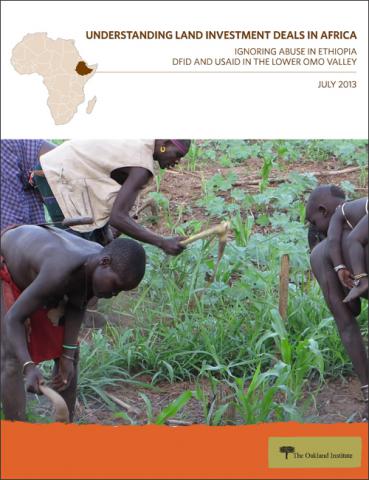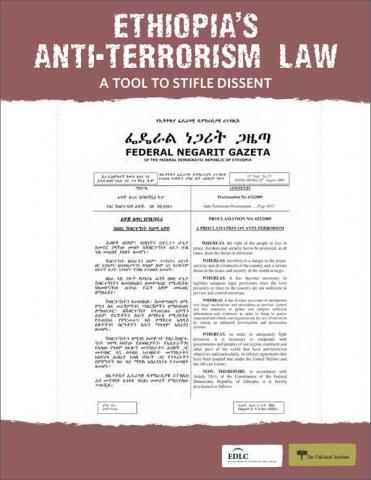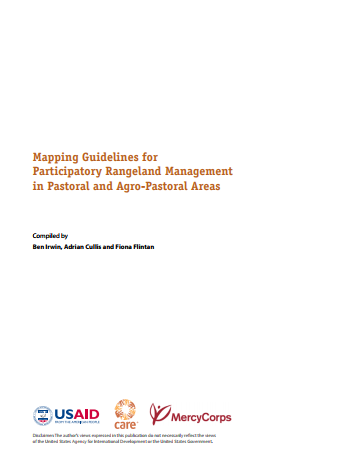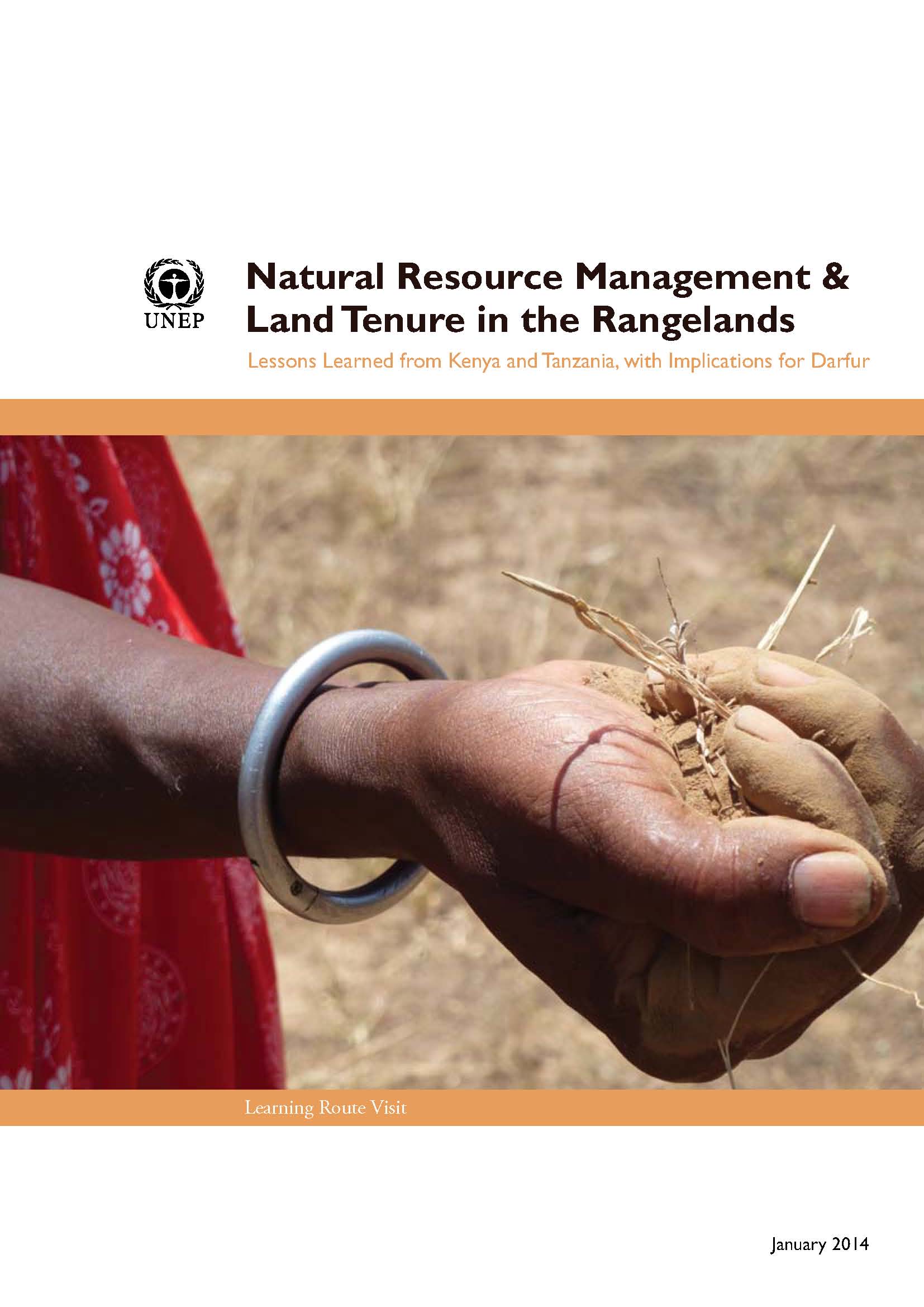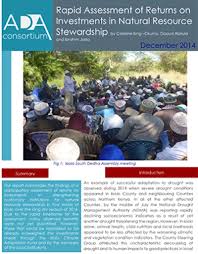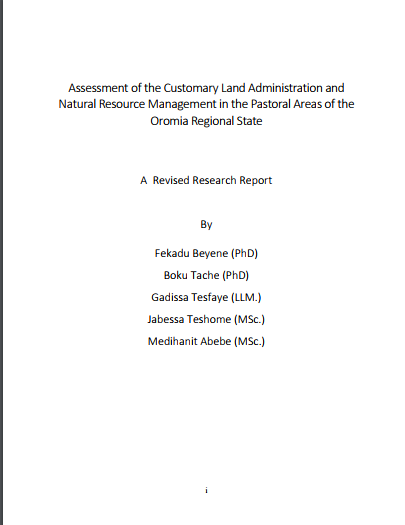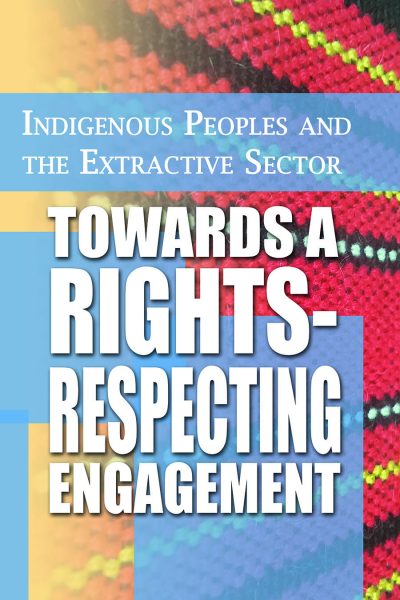Ethiopia—Strengthening Land Administration Program (ELAP)
1 Background The Pastoral and Agro-Pastoral Land Tenure and Administration Study (PALTAS) was launched because of the compelling need to identify and recommend policy that clarify and strengthen the land rights of pastoralists and agro-pastoralists and put in place appropriate administrative mechanisms to enforce their rights. It was designed to assess the land tenure problems in the pastoral and agro-pastoral areas of Oromia, SNNP, Gambella, Afar, and Somali regional states.




